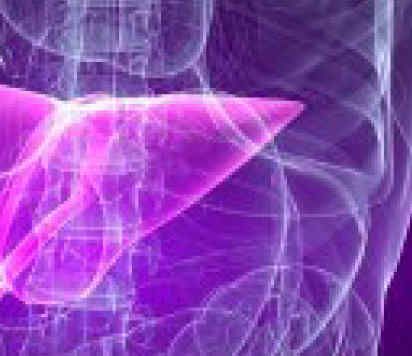--tojpeg_1470655385986_x2.jpg)
Contact
For more information or to collaborate, please contact:
Dr Elaina Maginn
+44 (0)20 7594 1548
e.maginn@imperial.ac.uk
What we do
We are a team of scientists, oncologists and surgeons, who closely collaborate and meet regularly to achieve our common goal of improving our understanding of tumour biology, and developing new biomarkers and treatments for Pancreatic Ductal Adenocarcinoma (PDAC).
Aims
- Identification of new and effective biomarkers to detect pancreatic cancer at early stages, before metastatic disease has developed.
- Discovery of new molecular targets, derived from the coding and non-coding part of the genome, that drive pancreatic cancer initiation, progression and metastasis, and which could be used as novel therapeutic or theranostic targets.
- Pre-clinical evaluation of new anti-cancer drugs and strategies for pancreatic cancer.
- Execution of clinical trials of promising drugs and treatment strategies.
Why is it important
Pancreatic Ductal Adenocarcinoma (PDAC) is the most common type of pancreatic cancer. It is a lethal and highly metastatic disease, with 5-year survival rates below 5%. The poor prognosis is largely attributable to our inability to detect the disease early. As a result, almost all patients present with advanced symptoms, and surgery is often only possible in less than 10% of patients. Although we have seen major advances in oncological treatment for other gastrointestinal tract cancers, little has progressed for pancreatic cancer in nearly 30 years. Currently, the best response to chemotherapy with FOLFIRINOX is around 30% in patients with advanced pancreatic cancer, but only offers a median survival of 9 months.
Summary of current research
- We are investigating the role of non-coding RNA (ncRNA) molecules in PDAC development, cancer stem cell (CSC) formation and metastasis. It has been recognised that ncRNAs are involved in several diseases and cancers, but their role in PDAC remains poorly characterised. Their impressive tissue and cancer specificity makes them exceptional biomarkers and possible therapeutic targets.
- The DNA damage repair pathway is one of the core signaling pathways which is dysregylated in PDAC, and this is associated with chemoresistance. We are now investigating this particular pathway in order to develop new therapeutic strategies to overcome resistance to therapy.
- We are also using ChIP-seq (sequencing protein interactions with DNA) for a number of histone marks and transcription factors in order to understand the epigenetic reprogramming of PDAC cells and discover important enhancer elements that drive PDAC and metastasis.
- In addition, we are closely collaborating with Dr Armando del Rio Hernandez from the Department of Bioengineering at Imperial) to understand the role of mechanotransdution between the tumour and the fibrotic stroma (desmoplasia) in driving PDAC progression.
Imperial Pancreatic Cancer Research Network
Established in 2015, we aim to foster collaboration, increase synergies, and develop multi-disciplinary projects between pancreatic cancer researchers at Imperial College. This initiative facilitates the pooling of knowledge and resources from different departments, and will enable us to expand and build on our successes. We believe that consolidating our strengths – excellence in basic science research and the highest quality clinical care – in this way will improve outcomes for patients.
Lead researchers and their groups
People
Mr Adam Frampton
/prod01/channel_3/media/migration/faculty-of-medicine/Adam-Frampton--tojpeg_1521111676537_x4.jpg)
Mr Adam Frampton
Molecular Oncogenetics
Dr Fieke Froeling (Honorary CSL)
/prod01/channel_3/media/migration/faculty-of-medicine/Feke--tojpeg_1468936967148_x4.jpg)
Dr Fieke Froeling (Honorary CSL)
Pancreatic Cancer Epigenomics (Honorary CSL)
Dr Harpreet Wasan
/prod01/channel_3/media/migration/faculty-of-medicine/Harpreet-Wasan--tojpeg_1481207906916_x4.jpg)
Dr Harpreet Wasan
Pancreatic Cancer Chemoresistance
